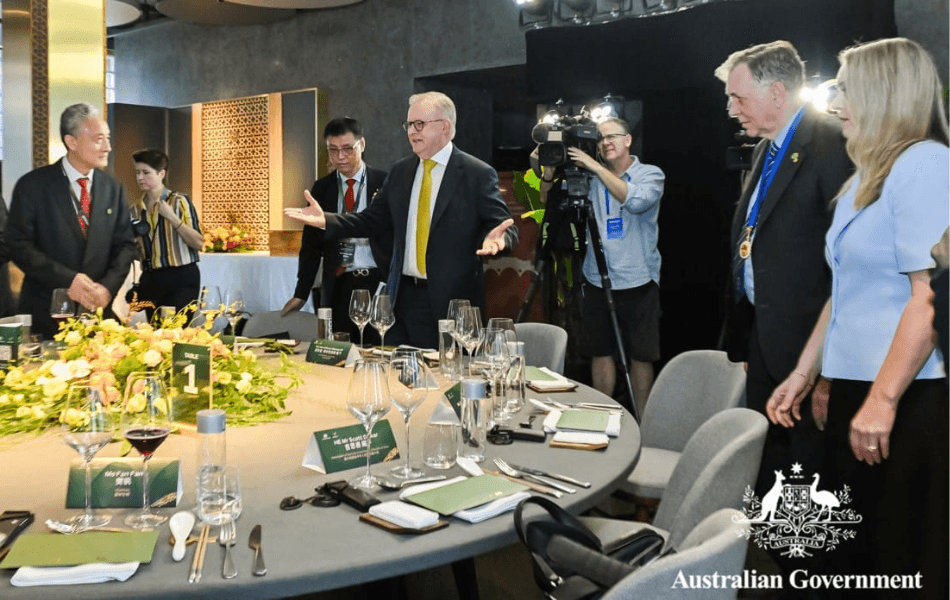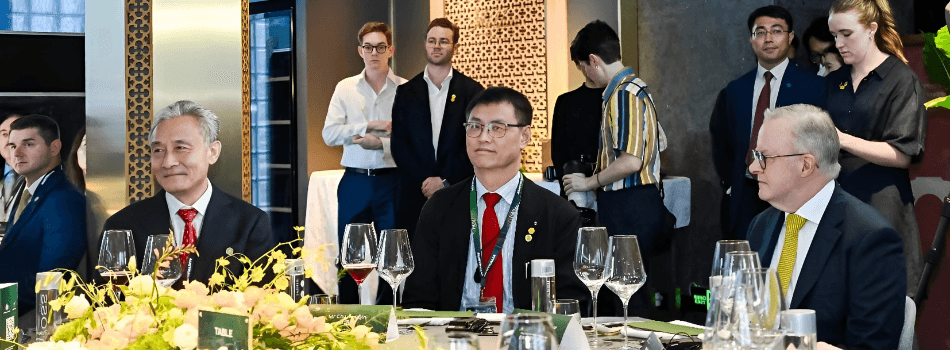Three Decades of Australia-China Scientific Collaboration
By Charles Qin, Mandarin Interpreter
Australia is a world leader in medical research, translating “the miracle of discovery into treatments and technology that change – and save – lives”1.
For over three decades a wonderful partnership has been developing between China and Australia in medical research, epitomised by Professor Barry Marshall, an Australian national treasure and Nobel Laureate. Marshall famously drank a culture of the deadly bacteria Helicobacter pylori to prove its role in causing gastritis and to develop a cure (for which he was awarded the Nobel Prize in Medicine).
Professor Marshall was awarded the China International Science and Technology Cooperation Award, China’s highest scientific honour for non-national individuals and institutions. China accounts for half of the world’s gastric cancer cases and Professor Marshall has led significant projects like the semi-automatic Helicobacter pylori culturing system and large-scale clinical trials. He helped set up the Marshall Centre in Chengdu to combat the antibiotic-resistant Heliobacter and prevent gastric cancer. Professor Marshall has visited China frequently and seen advances in health and research and promoted stronger engagement across these sectors and in business broadly in order to translate scientific research into practical outcomes like these.
Translation of another kind was going on during the PM’s visit to China, which was also critical in conveying the important role of science and research in Chengdu, an important city in Western China which is growing in influence in scientific pursuits. The role of an Interpreter is always a pivotal link in events between China and Australia. I was proud to fill the role in which the Prime Minister spoke about breakthroughs, vaccines, and “people in their millions benefiting from Australia and China working together and learning from each other.” You could say that I translated the translation (of research) to the audience.
Another iconic Australian organisation and source of pride, Cochlear, has been active in China since 1995 and holds a significant share of the implantable hearing device market. China is one of Cochlear’s top 5 markets and its innovative solutions have transformed the lives of more than 50,000 Chinese patients with hearing loss. There is growing demand for hearing implants and Cochlear has made strategic investments in research and development and established a manufacturing facility in Chengdu in 2018. Cochlear was also present to celebrate this important relationship. The PM said that “the success stories in the room are a source of tremendous pride”.
I found myself seated near Professor Marshall, and it was also a privilege to interpret for him. The audience of researchers, academics, innovators and businesspeople from Australia and China was hosted by Sichuan University. Professor Marshall described Sichuan University and nearby Huaxi Hospital as the largest single-site hospital in the world and emphasised the advances made in healthcare and biomedical sciences. Much of Australia’s success has been grounded in international partnerships, he said.

(from left to right) Professor Wang, President of Sichuan University, Professor Charles Qin, Prime Minister Anthony Albanese, Professor Barry Marshall, Ms Jodie Haydon
So, whether it’s decoding scientific breakthroughs, interpreting words between cultures, or turning shared goals into global action—translating Australia means much more than just switching languages. It’s about transforming understanding into impact.
After all, in both science and diplomacy, translation is the key.
Translating Australia to China.
- Prime Minister Albanese, speech to Medtech Lunch, Chengdu, July 2025

